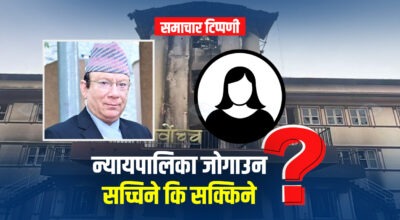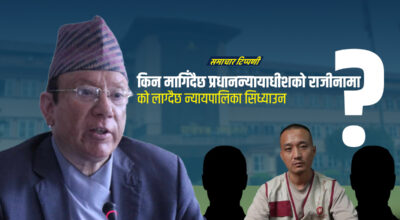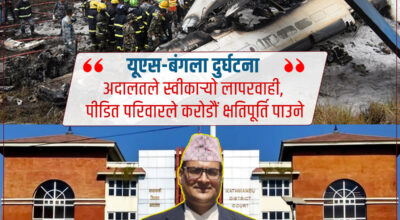CAIRO, Sept. 9 (Xinhua) — An Egyptian court on Saturday has sentenced eleven people to death over charges of attempted murder and violence, official news agency MENA reported. The defendants were convicted of militant gathering for terrorist purposes, making explosives, assaulting a government institution and setting it ablaze, Jeopardizing personal freedoms, harming national unity and social peace, and providing funds and weapons to militants. The court referred the sentence to Grand Mufti, the country’s highest Islamic official who will give the religious judgment of all preliminary death sentences. The Mufti’s opinion is non-binding as it is usually considered a formality, but his final opinion could reduce the penalty. The court will give its final sentence against other 26 accused with the same charges in October 22. The case dated back to August 2013 when the Brotherhood members took into streets, broke into some police stations, killing security men in retaliation for the police’s harsh crackdown on the supporters of the Islamist president Mohamed Morsi who was ousted by the army in response to mass protest against him. Morsi along with prominent figures of his Brotherhood group were sentenced to death over killing protesters, spying for foreign countries amid other charges. However, all the charges are still appealable. Enditem UN presence in Ukraine’s Donbas expected to help ease tension despite obstacles KIEV, Sept. 9 (Xinhua) — Russia has called for deployment of United Nations peacekeeping troops in Ukraine’s conflict-hit eastern region of Donbas, a move experts said could ease the three-year-long deadly conflicts despite preconditions set by Moscow and Kiev. They said the initiative could help reduce hostilities in eastern Ukraine and pave the way for the implementation of the Minsk agreement. However, huge costs and differences between Moscow and Kiev suggest that implementation of the initiative would neither be quick nor easy. PEACEKEEPING MISSION Russian President Vladimir Putin said on Tuesday that Moscow will ask the UN Security Council to send peacekeepers to patrol the frontline in eastern Ukraine. The confrontation since April 2014 between government troops and pro-independence rebels in Donbas region has claimed about 10,000 lives. Ukrainian President Petro Poroshenko, who had voiced his support for a possible UN peacekeeping mission, backed Putin’s initiative, though he said the mission has to be deployed on Kiev’s conditions. Kiev is ready to consider deployment of peacekeeping troops in Donbas, Ukraine’s Foreign Ministry said on the same day. “We believe that the deployment of the UN peacekeeping operation can contribute to restoring peace and security in the east of Ukraine,” it said in a statement. Taras Chernovil, an independent political analyst, said: “The task of the peacekeepers is to prevent bloodshed and any changes on the demarcation line for the period of their mandate, which can be granted for several years.” Meanwhile, the UN forces are expected to help related parties implement the Minsk peace agreement, which has reached a stalemate. The Minsk agreement, inked in September 2014 and renewed in February 2015, envisaged a cease-fire, a withdrawal of heavy weaponry from the contact line, a prisoner exchange and local elections in Donbas, among other measures. While the Ukrainian government has insisted that security provisions are the priority points to be implemented, rebels demand Kiev immediately perform political steps prescribed in the deal. Observers said deployment of a peacekeeping mission would in fact help monitor security-related provisions in the deal, thus paving the way for the implementation of the following political steps. “We need a guarantee that the parties will stop shooting at each other. It means that the UN contingent is needed on the contact line to ensure that no side is breaching the truce at the time when the political part of the Minsk deal is being fulfilled,” said Dmytro Korniychuk, the head of the Center for Innovation Consulting. CHALLENGES However, although Moscow and Kiev expressed their support for a UN peacekeeping mission, challenges remain huge. Observers said that in order to ensure a comprehensive peace in the region, the UN Security Council has to send a massive contingent to Ukraine, which could be a heavy burden for the world body. “Experts are talking about between 40,000 and 50,000 troops, which is a serious military force. Such a contingent will require significant expenditures. The UN is not ready for this,” said Mykhailo Basarab, an analyst at research company First Rating System. Moreover, preconditions set by Moscow and Kiev are obstructing the initiative. Putin said peacekeepers should be deployed only along the contact line separating the Ukrainian government and the insurgent forces, where most clashes occurred. In addition, Moscow asked Kiev to enter a dialogue with the rebels over the mandate of the mission. However, Ukraine said it would agree to the deployment of a UN patrol only if the troops would be stationed across the whole area controlled by the rebels, including the Ukrainian-Russian border. Kiev also rejected a direct dialogue with the rebel leadership and demanded the withdrawal of foreign troops and weapons from Ukraine before deploying the mission. It accused Moscow of sending troops and heavy weapons to Donbas, which was denied by Russia. “Given the positions of the parties, the process will be long-lasting. Without doubts, there will be no decision on the mission this year. The prospects for the decision to be taken next year will depend on the nature of the negotiation process,” said Mykhailo Pashkov, the co-chair of foreign policy and international security programs at the Razumkov think-tank.
यो खबर पढेर तपाईलाई कस्तो महसुस भयो ?
















प्रतिक्रिया